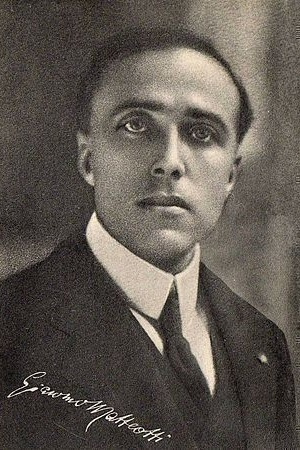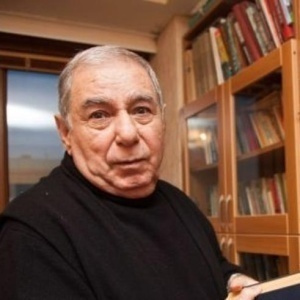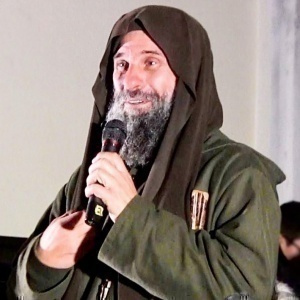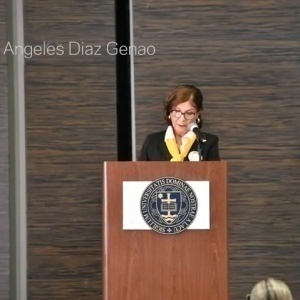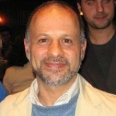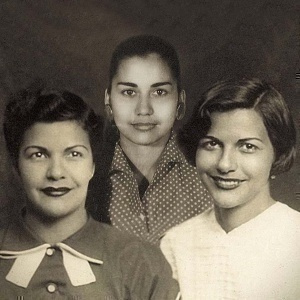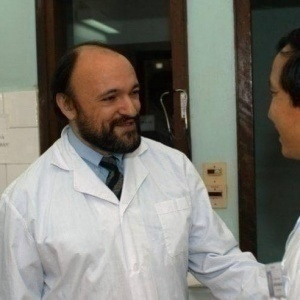Giacomo Matteotti was a lone hero, a secular martyr of democracy, a man whose reformism was the last obstacle against the establishment of Benito Mussolini’s regime. And as such he had to be eliminated at all costs.
A hundred years have now elapsed since that afternoon of 10th June 1924 when the leader of reformist socialists was attacked in Rome, near his house, by a group of action squads who, despite his strenuous resistance, pushed him into a car and stabbed him to death.
The outrage at this crime led the fascist regime to falter, forcing Mussolini to dissociate himself, which was scarcely credible. However, the serious political crisis it triggered ended six months later with the speech in which the Duce, on 3rd January 1925, took political responsibility for what had happened and proclaimed the authoritarian turn that would make fascism a long and ruinous dictatorship for Italy.
Matteotti had been the voice of the socialist party until 28th October 1922, when, following the march on Rome, Mussolini was called by the king to form the government. Since that moment he had become the voice of the opposition and, alone, had been exclusively committed to the fight against Fascism, challenging the Duce head-on and fearlessly denouncing the state of prostration to which he had reduced the country. The socialist deputy had realised that Mussolini could not bear to be derided and had therefore not hesitated to hinge his parliamentary struggle on an insistent and courageous polemic against him, trying to provoke him to the point of making him lose his temper. A year before being killed, a clear warning against him had appeared in the pages of the newspaper founded by Mussolini himself, Il popolo d’Italia:
As for Matteotti, a vulgar mystificator, a notorious coward and a despicable panderer, he had better watch out. Indeed, if he happened to find himself, one day or another, with his head broken (really broken) he would certainly have no right to complain after such written and signed meanness.
Born on 22nd May 1885 in Fratta Polesine, in the province of Rovigo, Giacomo Matteotti had joined the socialist party at a very young age and, after graduating in law, he had made a rapid career in the party at local level. Although he was disliked by many due to his family wealth (stemming from a number of highly profitable land investments), Matteotti had always been appreciated for his reliability and commitment, as well as for his independent judgement, and he soon began to be considered for the party’s national leadership. He met Benito Mussolini for the first time at the provincial socialist congress in Rovigo in 1914. He represented an opposing motion to his own and back then he was the editor of L’Avanti!. Soon after, the clash would move to parliamentary halls during the years of Fascism’s rise to power. Matteotti immediately realised that the rising fascist movement was a danger to workers’ organisations and was the violent response of the agrarian bourgeoisie to its own interests that were damaged by the new agrarian pacts. His courageous denunciations of action squad violence made him a very popular political leader, but also led him to be hated by fascist radicals.
At the outbreak of the First World War, as a consistent anti-militarist, he declared himself firmly against Italy’s intervention, as he had previously done for the war in Libya. In 1919 he was elected parliamentarian for the first time in the constituency of Rovigo and Ferrara, obtaining the highest number of preferences, and was then appointed secretary of the Socialist Unity Party, which had suffered numerous splits and was now led by three individuals (Filippo Turati, Claudio Treves and Emanuele Modigliani). Giacomo Matteotti tried in every possible way to pull it out of its state of neglect to fully reintegrate it into the political game: he held rallies all over Italy, opened new sections and published a pamphlet titled Un anno di dominazione fascista (A Year of Fascist Domination), which was a thorn in the side for fascists, especially because it contained a detailed list of episodes of violence committed in a year of government, including the names and surnames of perpetrators.
However, in the meantime, the crisis of the liberal regime was precipitating and the fascist offensive was accelerating the serious difficulties of the socialist party, which did not stop even with the exit of communists after 1921 Livorno congress.
Nicknamed “storm” by his party comrades for his combative and intransigent personality, Matteotti spent hours in the library of the Chamber of Deputies leafing through books, reports and statistics from which he drew data and information for his detailed denunciations. In just over four years of parliamentary activity, besides drafting numerous bills, he took the floor a hundred and six times at the Chamber, often on technical, administrative and financial topics. On 30th May 1924, he delivered a famous speech in which he openly denounced the intimidation, violence and electoral fraud of the fascist government. The account of that episode is chilling: the Socialist deputy’s statement was overwhelmed by shouts, threats and physical confrontations several times until the president, jurist Alfredo Rocco, invited the Socialist deputy to be cautious. Matteotti was aware that the speech he had just delivered may be his death sentence, in that, after publicly denouncing the systematic use of violence for intimidation purposes used by fascists to win the elections and contesting the validity of the vote, he turned to his colleagues and told them: “I have finished my speech. It is now up to you to prepare my eulogy”.
On 11th June, an even harsher speech was expected at the Chamber of Deputies in which Matteotti, who had travelled abroad several times to investigate some burning files, was supposed to reveal serious cases of corruption for which Mussolini and some party hierarchs were liable. In particular, according to some scholars, the Duce had allegedly granted the monopoly on the exploitation of Italian subsoil to Sinclair Oil in exchange for bribes needed to finance his newspaper and the fascist party. However, Matteotti never got to make that speech as he was kidnapped on the previous day, 10th June, a short distance from his home in Rome, on Arnaldo da Brescia Tiber embankment. It was just after four o’clock in the afternoon when a team of fascists led by Amerigo Dumini and belonging to Ceka del Viminale (a secret organisation set up to target opponents of the regime and responsible for many extra-legal operations) took him by force and pushed him into a car, where he was beaten and stabbed to death.
Matteotti’s corpse was found only two months after his murder, on 16th August 1924, a few kilometres from Rome, in Quartarella scrub, in a hole, folded in two and covered with leaves and soil.



